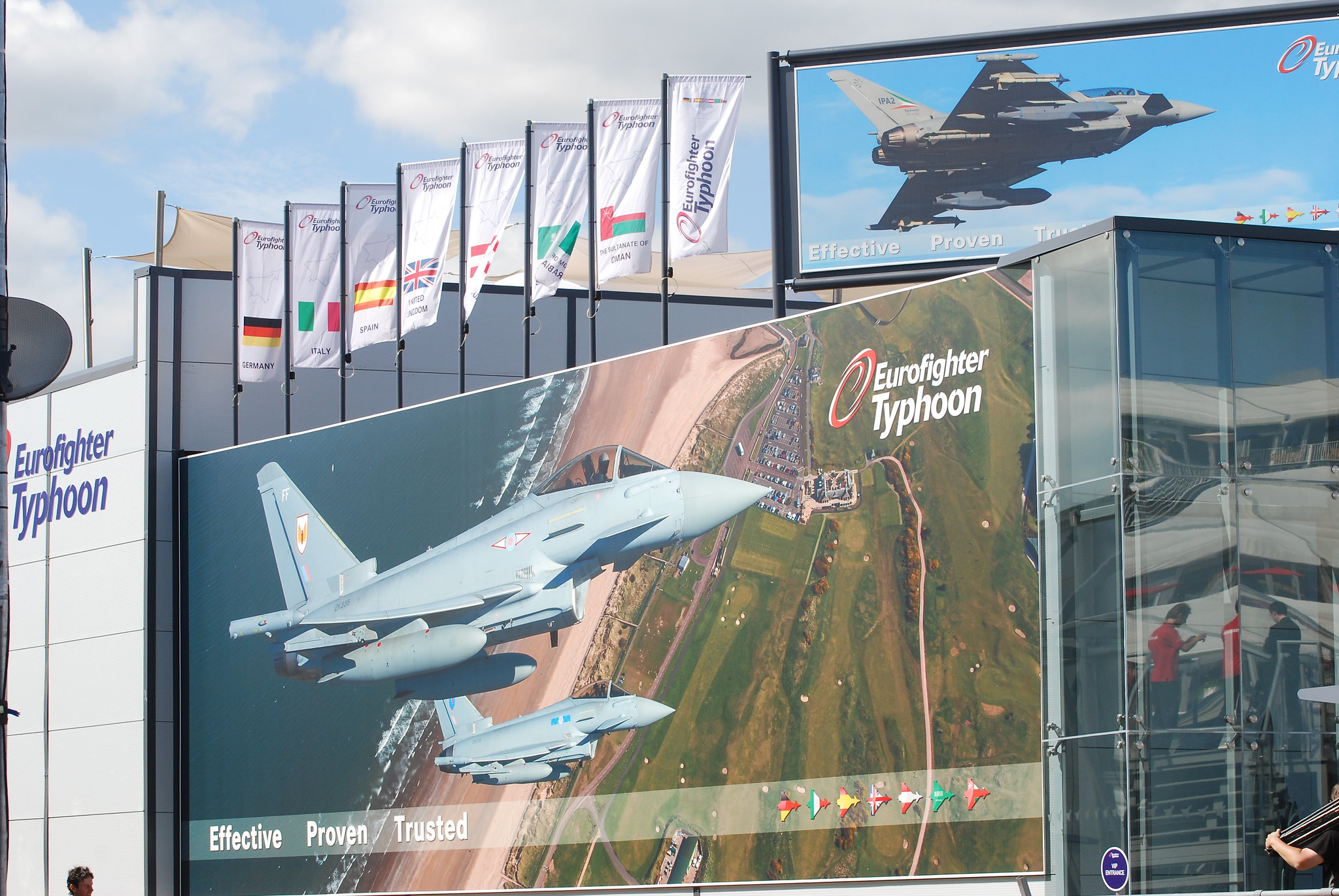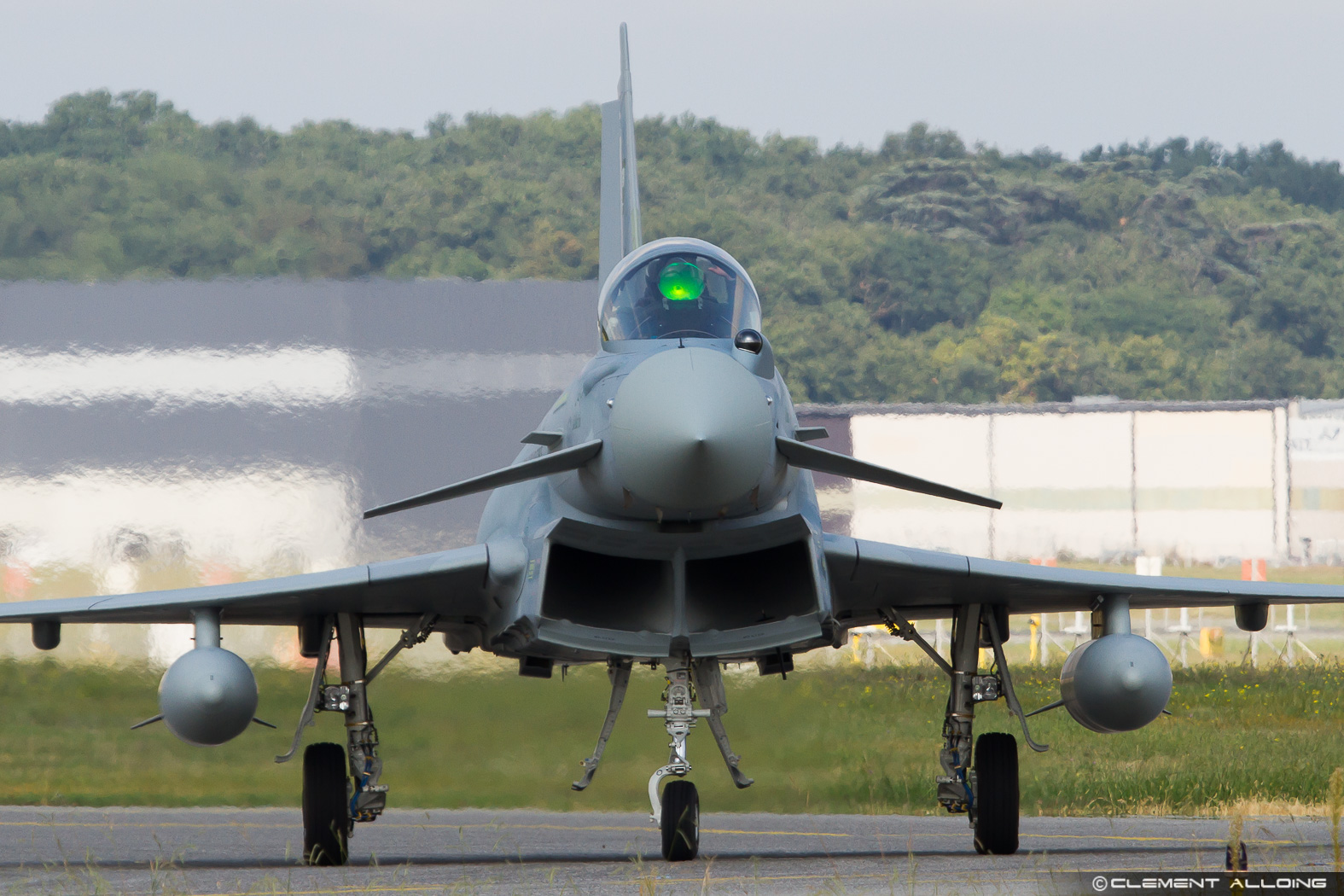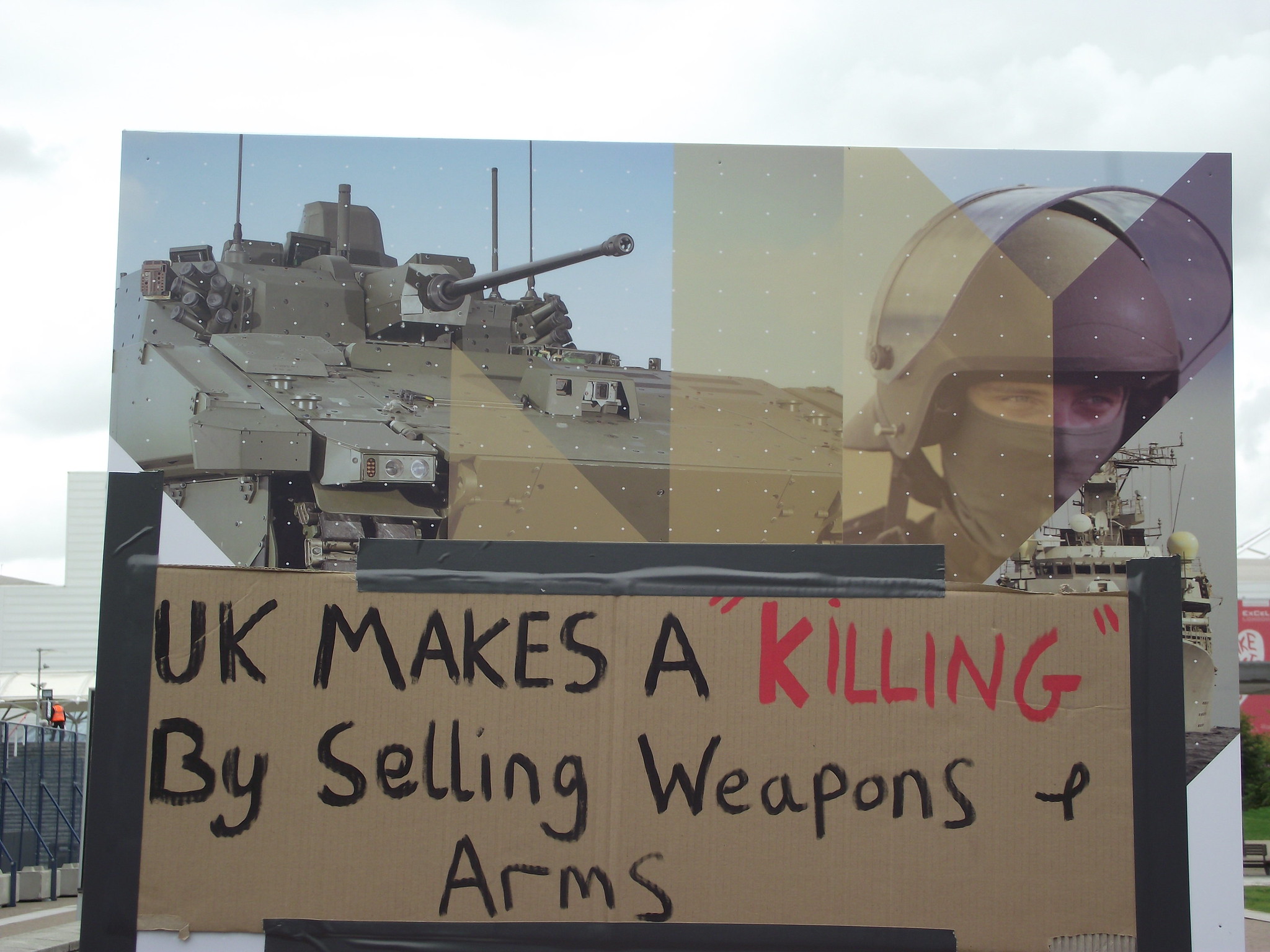Responding to your MP
Argument:
Arms exports give the UK influence over Saudi behaviour
They say:
Our strategic relationship with Saudi Arabia and the United Arab Emirates allows us the opportunity to influence their leaders [….] We could, of course, decide to condemn them instead. We could halt our military exports and sever the ties that British governments of all parties have carefully preserved for decades, as critics are urging. But in doing so we would also surrender our influence and make ourselves irrelevant to the course of events in Yemen.
(Former Foreign Secretary Jeremy Hunt, Politico, 26 March 2019)
Response
The UK has often claimed that it is exerting a positive influence over the Saudi Arabian regime, and has leverage as a result of its arms sales. However, if this is so, it is very hard to see where this is having an effect. The Saudi Arabian regime has an appalling human rights record and there’s no evidence to suggest that decades of UK ‘engagement’ have done anything to change this. Instead, we can see that when the Saudi regime buys UK arms, it also buys political support and silence about its abuses. UK arms sales are facilitating the war in Yemen, not moderating it.
Human rights
In terms of human rights, the UK government often tries to present the Saudi Arabian regime as a modernising influence in a conservative country, on which the UK government can, in its turn, exert influence. This is a deeply objectionable presentation of facts.
For example, we have seen the UK government laud Crown Prince Mohammed Bin Salman for his ‘reform agenda’ – such as in ‘allowing’ women the right to drive. In fact, these are initiatives that have been campaigned on for years by people in Saudi Arabia themselves, who have done so at considerable personal risk, and have been punished by the regime for their efforts. Even as the law on women driving was changed, the regime began arresting and imprisoning many of the prominent women’s rights activists who had campaigned for reforms including women’s right to drive and an end to the male guardianship system, such as Loujain al-Hathloul. Some of them have been tortured in prison and now face trial for undermining state security.
Buying UK silence
Far from giving the UK influence over Saudi Arabia, the UK arms industry’s dependence on Saudi exports has given Saudi Arabia huge influence over the UK. From the cancellation of a Serious Fraud Office investigation into corruption in Saudi arms sales, to a consistent failure to hold Saudi Arabia to account for human rights abuses, to a failure to demand a credible investigation into the Saudi regime’s responsibility for the murder of Jamal Khashoggi, the UK government has repeatedly bowed to Saudi interests, above its stated commitment to human rights and anti-corruption. It even helped Saudi Arabia gain a place on the UN Human Rights Council, despite it having one of the worst records on human rights in the world. Saudi Arabia isn’t just buying political and military support, it’s also buying UK silence.
War crimes in Yemen
There is also no evidence that UK advice, support and its ‘strategic relationship’ has stopped violations of International Humanitarian Law (IHL) by the Saudi-led coalition in Yemen. Violations of IHL in Yemen have continued despite UK government training, support and other influence.
In fact, the UK government has blocked these violations from being properly investigated. Instead of supporting calls for an independent investigation into the violations in Yemen it has relied on the perpetrators to investigate themselves, a process which former UK international development secretary Andrew Mitchell compared to “marking your own homework.”
Stopping arms sales could stop the war
Arms sales and political support from governments such as the UK are empowering the regime and making the chances of long-term peace in the region even more remote. The UK isn’t just ignoring the abuses taking place, it is also helping to facilitate them.
The biggest influence the UK could have on Saudi Arabia is that, by cutting off arms supplies and on-the-ground support, it could ground half the Saudi Air Force within days. The UK and US, acting together, could ground the whole Air Force and force a lasting peace deal with Yemen. They are clearly not using this influence.



